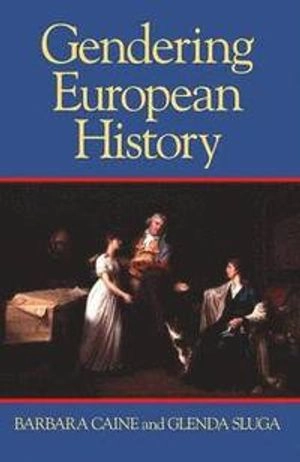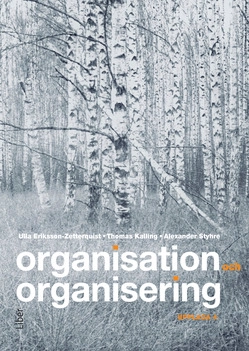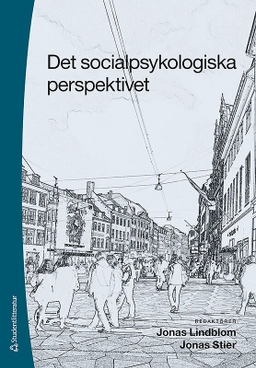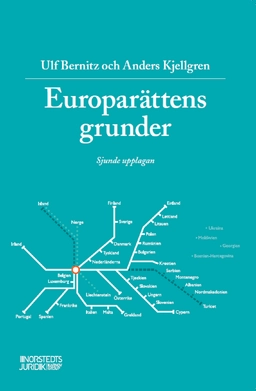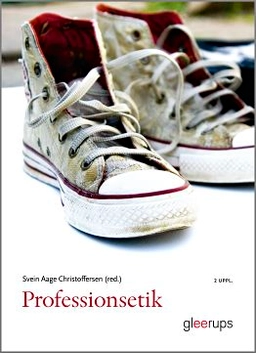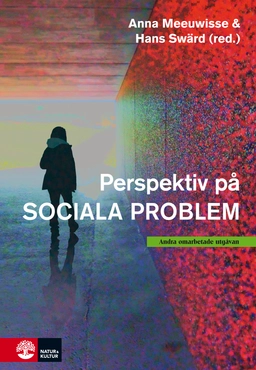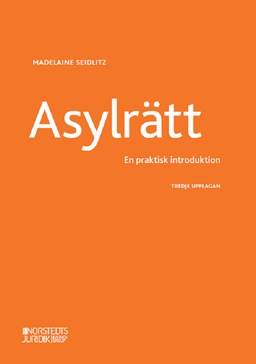Gendering European History covers the period from the French Revolution to the end of the First World War. Organised both chronologically and thematically, its central theme is the issue of gender and citizenship. The book encompasses the late eighteenth-century revolutionary period, nineteenth-century developments concerning work, urban and domestic life, national politics, gender in the fin de siecle and imperialism, and concludes with the gender crisis of the First World War. Caine and Sluga explore the question of sexual difference in relation to class, ethnicity and race, and the development of key historical debates about identity, work, home, politics, and citizenship in specific national contexts and across Europe. At the same time, they provide readers new to European history with general information about the social and political contexts in which those debates arose. Intended both as an introductory work for tertiary students and one that offers new interpretations for scholars in the field, this study is a synthethis, bringing together the extensive but often fragmented existing literature on gender in European history.It also raises new questions and introduces new sources, particularly in relation to the history of gender and nation-building.The result is a challenging view of the contours of European history in the period from the Enlightenment to the 1920's. Barbara Caine is Professor of History, Monash University, Victoria, Australia. Glenda Sluga is Senior Lecturer in History and Director of European Studies, University of Sydney, New South Wales, Australia.
Åtkomstkoder och digitalt tilläggsmaterial garanteras inte med begagnade böcker
